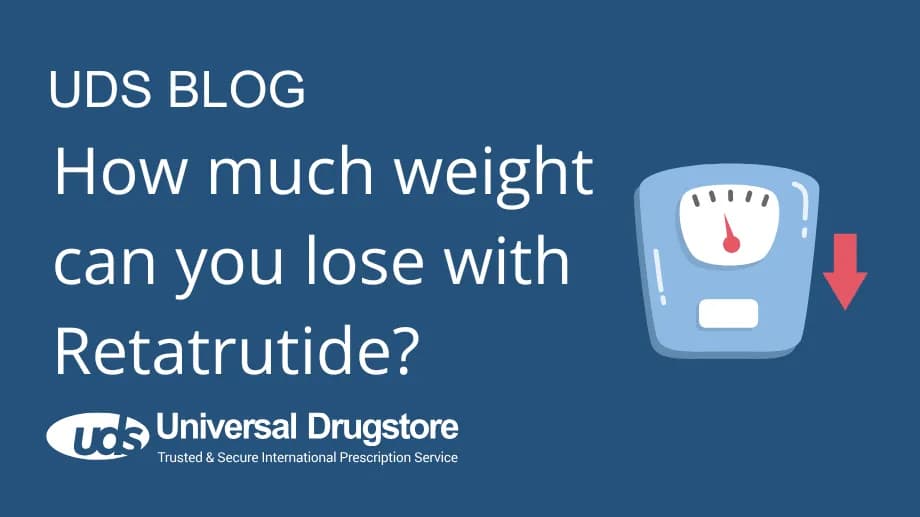Weight Loss
Over 75% of Americans are overweight or obese. An estimated 160 million people are dieting, spending more than $70 billion annually on weight-loss programs, medications, supplements, and other strategies. Sustainable weight loss relies on healthy lifestyle changes—balanced eating, regular activity, and stress management—rather than quick fixes or fad diets.
What is a healthy weight?
Body Mass Index (BMI) and waist circumference help screen for health risks. A BMI of 25–29.9 indicates overweight; over 30 indicates obesity. Weight loss is recommended for anyone with BMI over 30, or BMI 25–29.9 plus conditions such as type 2 diabetes, hypertension, or heart disease. A full health assessment should guide individual goals.
What causes weight gain?
Energy balance
Consuming more calories than you burn leads to weight gain.
Environment
- Lack of safe places to exercise (parks, sidewalks, gyms)
- Large portion sizes
- Limited access to affordable fresh produce
Genetics
Genes may predispose some people to obesity, though lifestyle factors usually play a key role.
Medications and health conditions
- Hormone imbalances (hypothyroidism, PCOS, Cushing’s syndrome)
- Certain antidepressants, anticonvulsants, and corticosteroids
Stress and sleep
Poor sleep and high stress can disrupt appetite hormones, leading to increased calorie intake.
How to start losing weight
- Work with a dietitian or healthcare provider for personalized guidance
- Adopt regular physical activity (aim for ≥150 minutes of moderate exercise weekly)
- Consider medication if lifestyle changes alone aren’t enough—options include liraglutide, semaglutide, tirzepatide, orlistat, and bupropion/naltrexone
What’s a healthy diet for weight loss?
There is no one “best” diet, but most effective plans share these features:
- Plant-based emphasis
- Whole, minimally processed foods
- Healthy fats in moderation (olive oil, avocado, nuts, seeds)
- Limited added sugars and refined carbs
- Balanced meals: protein, complex carbs, vegetables, and healthy fats
Protein sources:
- Legumes and beans
- Nuts and seeds
- Fish and lean poultry
- Low-fat dairy
Vegetables: Aim for about 2½ cups daily (leafy greens, bell peppers, tomatoes, squash). Note that starchy vegetables (potatoes, corn) count toward your carbohydrate portion.
Key points
- Set realistic, gradual goals (1–2 pounds per week)
- Track progress and celebrate milestones
- Combine diet, exercise, and stress management
- Seek professional support for best outcomes







